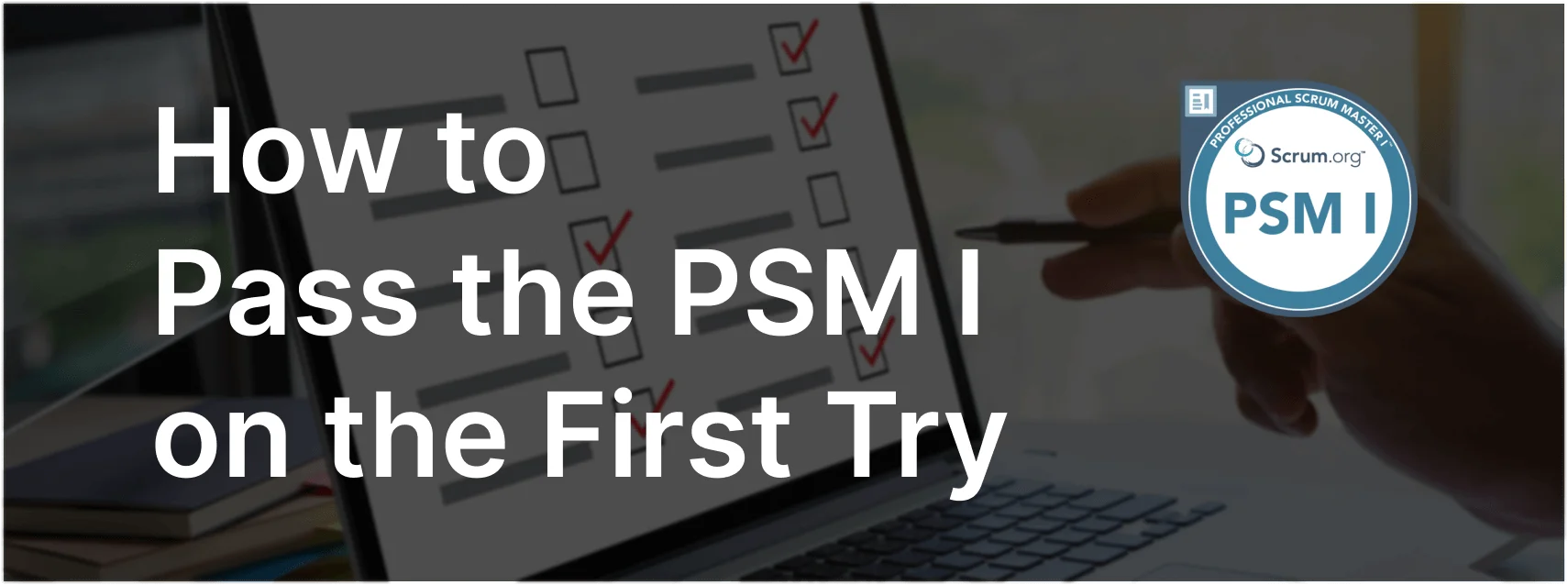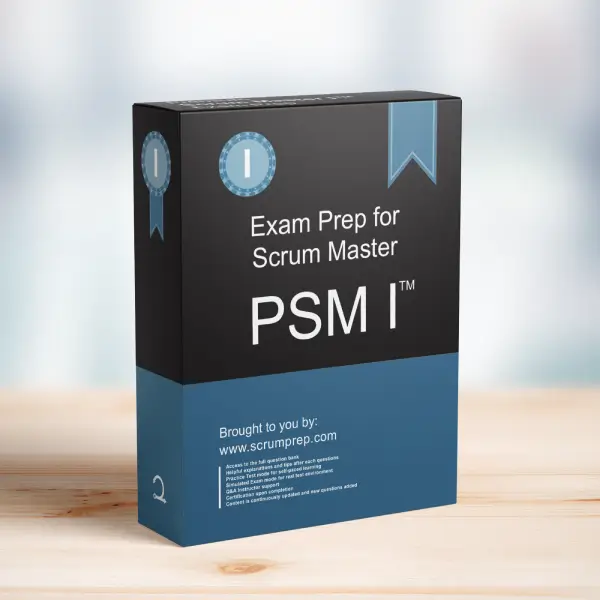Scrum Roles and Responsibilities
In the Scrum framework, roles are clearly defined to ensure that the Scrum Team functions effectively and delivers value. Understanding these roles is crucial for anyone involved in Scrum.
Exam Question
True or False: Scrum has a role called “Project Manager”.
A. True
B. False
Correct Answer
B. False
Explanation
Scrum does not include a role called “Project Manager.” Instead, it defines three primary roles: the Product Owner, the Scrum Master, and the Developers. Each role has specific responsibilities that contribute to the overall effectiveness of the Scrum Team.
Correct Answer:
B. False:
Scrum deliberately excludes the role of a traditional Project Manager. Instead, the responsibilities typically associated with a Project Manager are distributed among the Product Owner, Scrum Master, and Developers.
Traditional Project Manager Role
In traditional project management, a Project Manager is responsible for planning, executing, and closing projects. They manage the project scope, schedule, cost, quality, and team members to ensure the project is completed on time and within budget. Key responsibilities include:
- Defining project goals and deliverables.
- Developing a project plan and schedule.
- Managing the project budget.
- Coordinating and leading the project team.
- Communicating with stakeholders.
- Monitoring and controlling project progress.
- Managing risks and issues.
Responsibilities in Scrum
- Product Owner: Ensures the Product Backlog is ordered and refined to maximize value and align with the team’s capacity. Develops and explicitly communicates the Product Goal. Creates and clearly communicates Product Backlog items. Represents the needs of many stakeholders in the Product Backlog. Optimizes the value of the work the Scrum Team does by making informed decisions on the Product Backlog.
- Scrum Master: Coaches the team in Scrum practices, removes impediments, and facilitates team events to ensure productivity and adherence to Scrum principles. Helps everyone understand Scrum theory and practice within the Scrum Team and the organization. Ensures that Scrum events are productive and kept within the timebox.
- Developers: Collaborate to create the Sprint Goal and the Sprint Backlog, ensuring all work aligns with the Sprint Goal. Complete all tasks necessary to deliver a potentially shippable Increment, including ensuring that all Product Backlog items meet the Definition of Done.
Relevance to the PSM I Exam
Understanding that Scrum does not include a traditional Project Manager role is fundamental for the PSM I exam. This knowledge helps reinforce the importance of the distinct roles defined by Scrum and how they contribute to the team’s success.
Key Takeaways
- No Project Manager Role: Scrum does not include a traditional Project Manager role. Instead, responsibilities are divided among the Product Owner, Scrum Master, and Developers.
- Clear Responsibilities: Each role in Scrum has clear responsibilities that ensure the team functions effectively and delivers value.
- Exam Preparation: Knowing the specific roles and responsibilities in Scrum is crucial for the PSM I exam.
Conclusion
Scrum’s distinct roles ensure that the team can self-manage and deliver value efficiently. Understanding these roles is essential for anyone preparing for the PSM I exam. For comprehensive preparation and practice exams, check out PSM I Exam Prep to enhance your understanding and application of Scrum principles.




